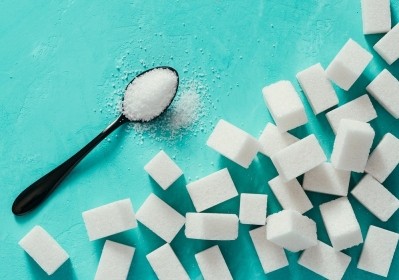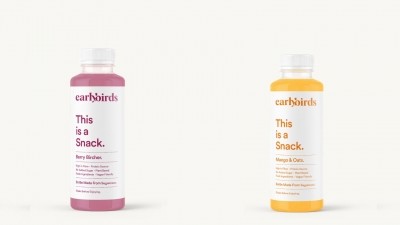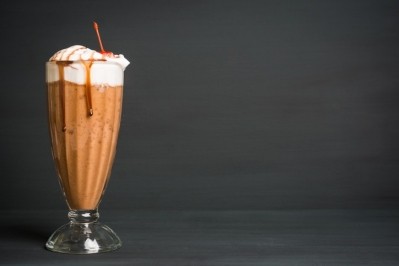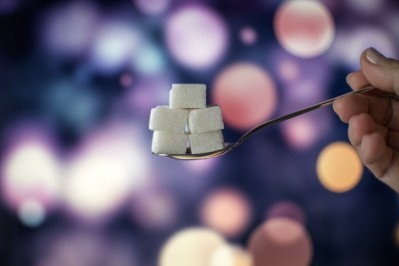Snack tax may be more effective than soda tax in obesity fight: BMJ study
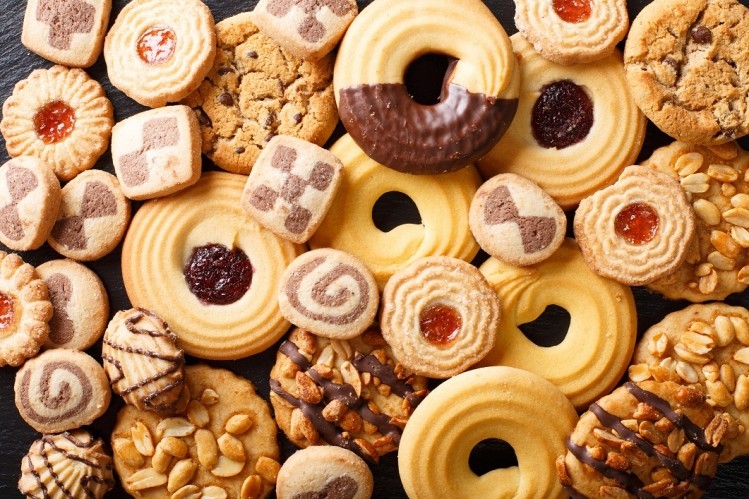
In the UK, sugary snacks make up more free sugar and energy intake than sugary drinks, according to researchers. A modelling study demonstrated that a snack tax on food – which increases prices by 20% - would be twice as effective as the same price rise on sugary drinks.
The UK introduced its Soft Drinks Industry Levy in April 2018. Since then, calls have been made to extend the tax to sugary foods – although the tax also faces an uncertain future under new prime minister Boris Johnson.
Calorie count: biscuits and confectionery vs soda
The modelling study was based on food purchases made by 36,324 UK households and National Diet and Nutrition Survey data for 2,544 adults. The results estimated the change in weight and prevalence of obesity over one year, with data grouped by household income and body mass index (BMI).
“The results suggest that for all income groups combined, increasing the price of biscuits, cakes, chocolates, and sweets by 20% would reduce annual average energy intake by around 8,900 calories, leading to an average weight loss of 1.3 kg over one year,” say the researchers.
“In contrast, a similar price increase on sugary drinks would result in an average weight loss of just 203g over one year.”
The model also suggests the impact would be highest in low income households with higher rates of obesity.
Biggest sugar sector
Sugar sweetened beverages often make up a substantial part of sugar intake, and as such they have been a major focus of policy to date worldwide.
In the UK, however, high sugar snacks, such as confectionery, cakes, and biscuits make a greater contribution to intakes of free sugars as well as energy than sugar sweetened beverages.
On average, sugar sweetened beverages contribute 2% of total energy and 11% of free sugar intake; compared with 12% of total energy and 26% of free sugar intake from biscuits, cakes, and confectionery combined, according to figures from The National Diet and Nutrition Survey (NDNS).
“Reducing purchases of high sugar snacks therefore has the potential to make a greater impact on population health than that achieved by reducing the purchase of sugar sweetened beverages,” say researchers.
Policy implications
In the UK, the Soft Drinks Industry Levy (SDIL) came into effect in April 2018, with a tax of 18p per litre for drinks containing 5g sugar per 100ml or more; and 24p tax for those 8g/100ml sugar or more.
The sugar tax has been credited with encouraging manufacturers to reformulate and increase their offer of no and low sugar varieties, with at least 50% of manufacturers reducing the sugar content of drinks.
Conversely, high sugar foods have been encouraged to cut sugar by 20% by 2020 under a voluntary sugar reduction initiative – yet only saw an overall 2% reduction compared to the interim target of 5% after the first year, with particularly small reductions in confectionery (between 2015 and 2017 there was only a 1% reduction in sugar content of confectionery compared with a 5-6% decline in the sugar content of yoghurt and breakfast cereals).
Researchers conclude the concept of a snack tax in the UK is worthy of further research as part of the UK’s efforts to tackle obesity. Furthermore, its results could also apply to other markets.
“In this UK based study we found a relatively high impact on overall energy purchased, and subsequent weight changes, of a 20% price increase in high sugar snacks versus sugar sweetened beverages.
“These results might also apply to other high income countries with similar consumption patterns of these two food groups, such as Australia, but might not align with countries with a much higher consumption of sugar sweetened beverages or a higher drinks to snacks ratio—such as the US or Mexico, where the effect of price increases in high sugar snacks might be less noticeable.”
Snack taxes: Mexico and Hungary
Mexico was one of the first countries to install a sugar tax on sugar-sweetened beverages in 2014. It also taxes ‘non-essential foods’ with 275kcal per 100g or more at 8% - covering biscuits and cereal bars.
The tax on non-essential foods was estimated to have reduced purchases by 5-6%, with greater effects (reduction by 12.3%) among those who purchased more non-essential foods to start with.
In Hungary, prepacked sweets with more than 25g of sugar are taxed at 130 HUF (£0.40; €0.40; $0.40) per kilogram. Existing evaluations suggest that the tax in Hungary, which also applied to products high in salt, reduced purchases of the taxed foods by 3.4%.
Source: Potential impact on prevalence of obesity in the UK of a 20% price increase in high sugar snacks: modelling study. BMJ 2019; 366 doi: https://doi.org/10.1136/bmj.l4786 (Published 04 September 2019)
